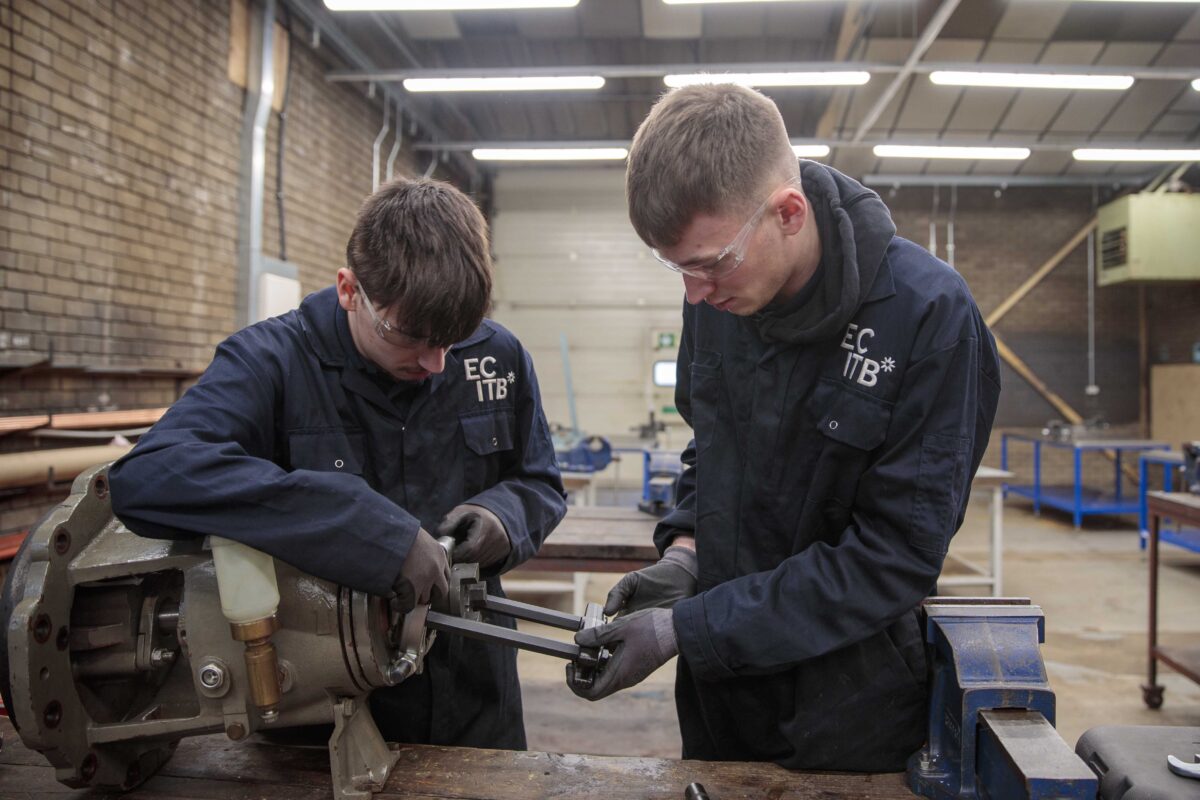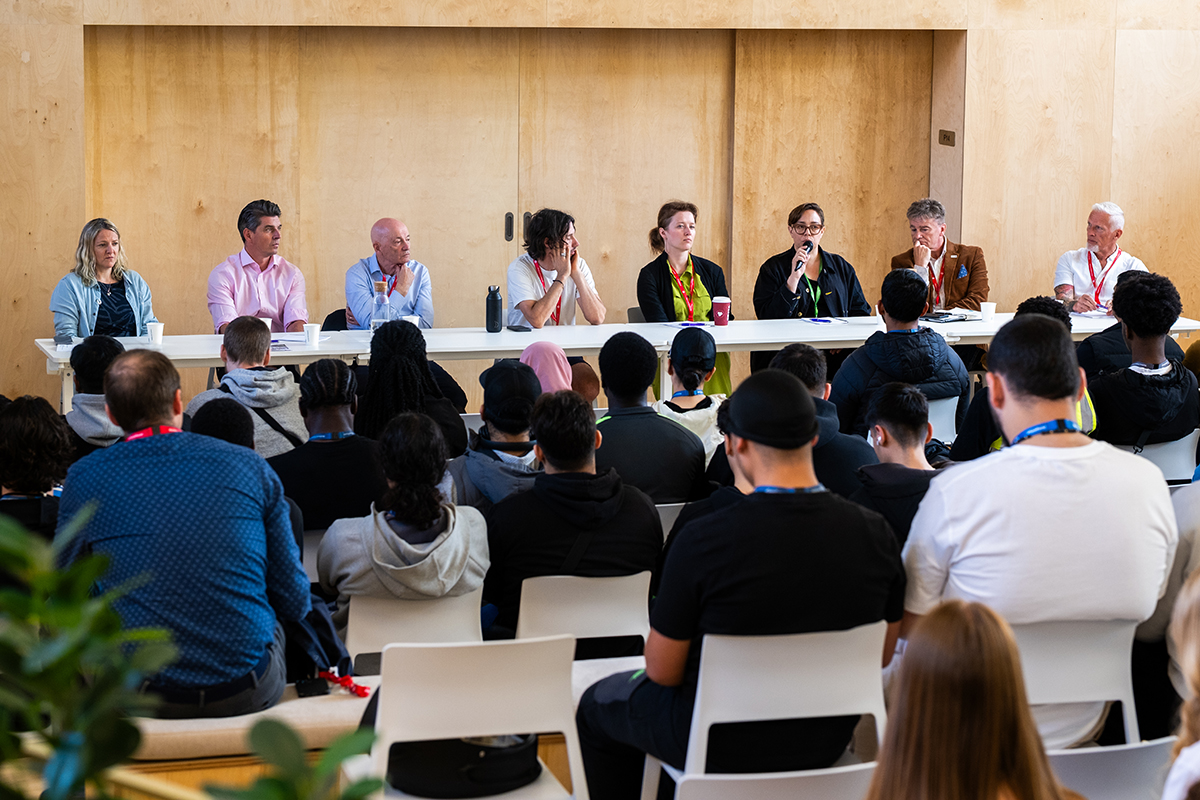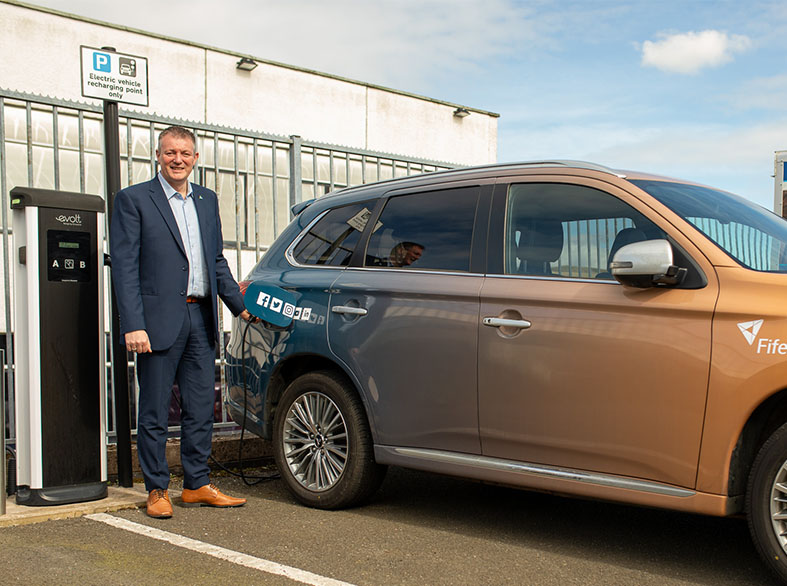EY Report: Social media most common, but least trusted source for sustainability education

- More than half of Gen Z (51%) and nearly half of Gen Alpha (44%) are relying upon social media – not schooling – as the primary source of their education on sustainability issues
- Social media is trusted less as a source for sustainability knowledge than television news and schooling across all generations
- More than a quarter of both Gen Z and Gen Alpha list schools and teachers as the top source from which they would like to receive more sustainability knowledge
Younger generations are relying more on social media than schooling for their education on sustainability issues, according to the findings of a new report by the EY organization in collaboration with JA Worldwide, one of the world’s largest youth-serving NGOs.
The Generational Sustainability Survey surveyed more than 1,200 respondents across generations from 72 countries in the Americas, EMEIA and Asia-Pacific regions, highlighting participants’ environmental and climate concerns, as well as their ideas for improving sustainability education. It found that school systems could do more to help younger generations understand the importance of sustainability and take positive action by providing more workshops and hands-on classroom learning.
Despite concerns about the quality of sustainability education at school, with only around half of both Gen Alpha and Gen Z reporting satisfaction with this, the survey found that younger generation respondents believe they have a deeper knowledge of global sustainability issues than older generation respondents. Almost a quarter of Gen Alpha respondents reported being either very or extremely aware of global environmental practices, compared with 10% of Gen X respondents and just 4% of baby boomer respondents.
All generations surveyed said they were willing to take steps to combat climate change, such as eating less meat, recycling or choosing to reduce air travel. However, younger generation respondents lagged other generation respondents in their preparedness to act. Gen X (64%) and millennials (65%) were “extremely” or “very” willing to make changes in their daily life to be more sustainable, while less than half of Gen Alpha respondents (43%) and Gen Z respondents (44%) were prepared to make the same commitment.
Julie Linn Teigland, EY EMEIA Area Managing Partner, says:
“Today’s younger generations are the driving force toward achieving a more sustainable future, but translating their enthusiasm into meaningful and lasting change isn’t easy. Organizations of all types – from governments and corporations to NGOs and educators – must be ready to work together to elevate the environmental literacy of young people. Co-ordinated actions to improve education and training, designed in a way that engages these new generations, will be critical for building a more sustainable world.”
More than three-quarters of Gen Alpha respondents (82%) and Gen Z respondents (76%) said they believe education plays a critically important role in helping them lead more sustainable lives. To improve standards of environmental education, the report argues that corporations, government and NGOs should work with school systems to develop ongoing activities designed to give students first-hand experience in what they can do to advance environmental sustainability, both globally and locally.
Asheesh Advani, CEO of JA Worldwide, says:
“Young people are not only future world leaders but also today’s leading voices for sustainability and climate justice. But they need the help of older generations, educators and corporations to learn how to become more knowledgeable through trusted sources, how to advocate effectively and how to partner with allies. Our most recent collaboration with EY highlights these needs and lays the foundation for helping Gen Z grow into their aspirations.”











Responses